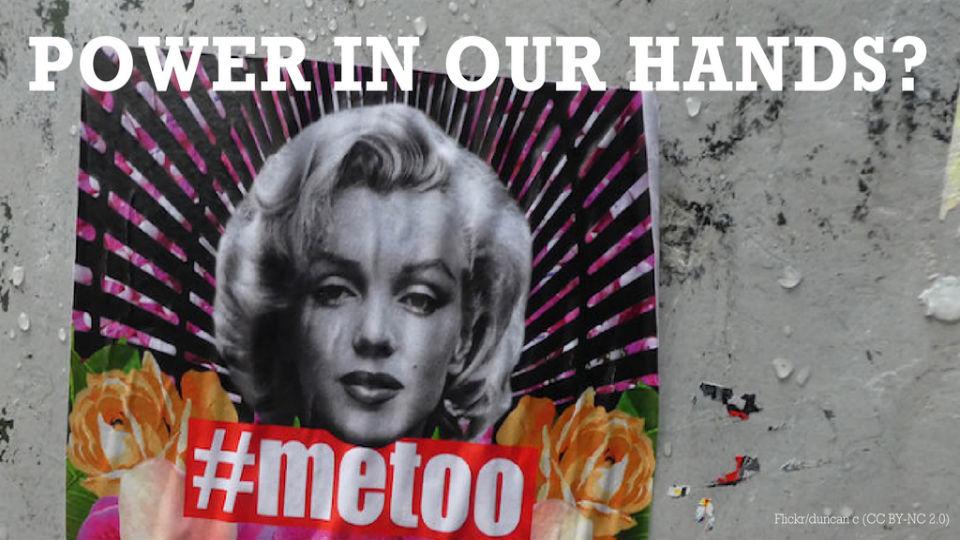Use it or lose it: government must stop turning a tin ear to civil society
Primary page content
Policy makers must listen closely to England’s “vibrant” civil society to overcome the threat of thousands of volunteers and activists becoming disenfranchised, academics at Goldsmiths, University of London have said.

Researchers found that a disconnect is growing between groups which form the backbone of civil society – like charities, church communities and activist organisations – and the political process.
But they also found that those involved in civil society are determined to close this gap with the ambition of playing an active role in public discourse by sharing power more fairly.
The team of Goldsmiths academics is helping lead the two-year Civil Society Futures project, an Independent Inquiry looking at the future of civil society in England, which today marks its halfway point with a new report entitled The Story of Our Times: Power in Our Hands?
The research is being led by Professor Natalie Fenton, from the Department of Media and Communications, along with Professor Adam Dinham, from the Department of Social, Therapeutic and Community Studies, and researchers Tom Greenwood and Deborah Grayson.
They were part of an Inquiry team which has heard from more than 1,500 people and undertaken nine “deep dive” research visits in areas across England including Newcastle, Peckham, Epsom and Penzance. The Inquiry has also had 57 submissions of evidence and more than 60 open conversations alongside hundreds of meetings.
Professor Fenton said: “In our many discussions and workshops around England we have found a vibrant civil society but also a civil society where very few people feel they are heard let alone responded to or involved in any decision-making.
“We were told that politics has become something that is done to people and places not by people in places. People feel cast adrift by government and have lost trust in big institutions and ‘the establishment’; they feel that those in power don’t think they need to be listened to or worse, that they are dispensable.
She continued: “We also found a civil society ready for change; coming together to find ways of dealing with the many problems they face; seeking out ways to put more power in the hands of more people.”
The new report warns that some civil society bodies need to change the way they operate, with larger organisations adding to this sense of disenfranchisement by using “partriarchal command-and-control” approaches to their work.
The paper asks if civil society organisations should be leading the way in creating "deep democracy" that gives people the opportunity to have control over the things they care about and which affect their lives.
But it warns: “Civil society is not yet fit for this purpose, and there are too many examples of charities and institutions being part of the problem.
"Many people inside and outside civil society organisations are concerned they have lost their connection with the people they are there to serve, become too focused on protecting reputations and income streams.”
It adds: "Too often things are done to and for people, when it could be about creating conditions for people to do things on their own terms. Too often it’s about perpetuating patriarchal command-and-control, holding power close, fighting your corner, rather than letting go, building alliances, allowing others to step forward.”
More information on the project, including details about forthcoming events, can be found at the Civil Society Futures website.